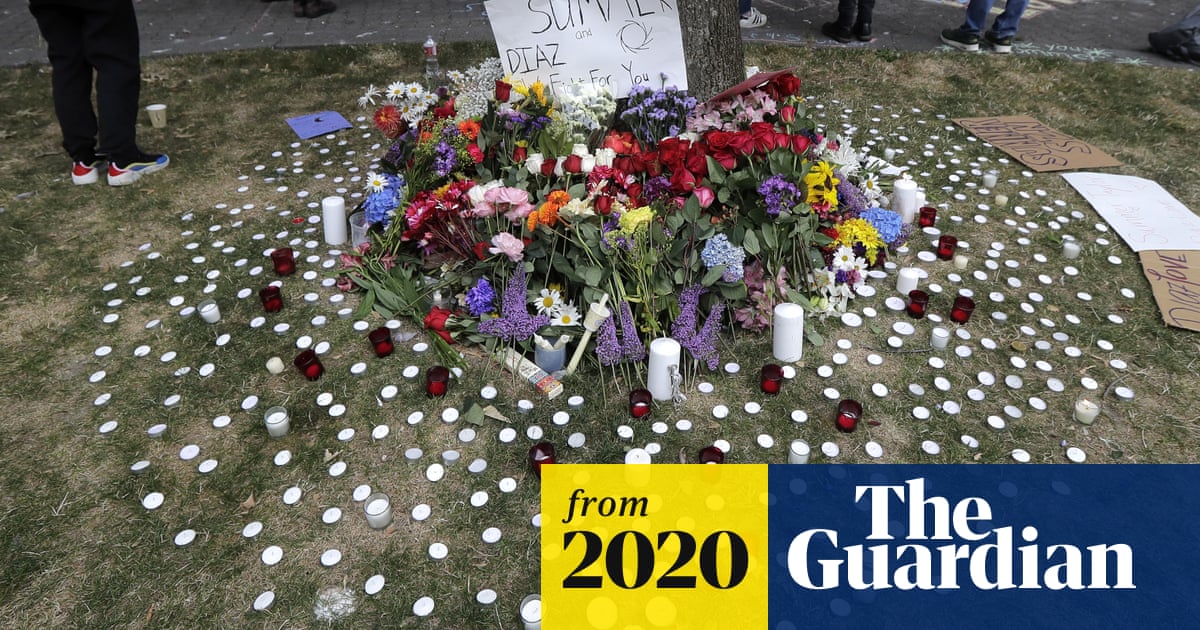washamericom
Gold Member
- Jun 19, 2010
- 13,703
- 1,907
You say you're an intelligent adult, but that doesn't make it true.
This guy also says he's a woman:
View attachment 587443
Thread fail.
I guess what I'm asking here is who is the chief's boss ?Your own link notes that she "called for his resignation".
NOT that she fired him
But that said...he obviously failed at his job. Didn't prepare adequately or respond appropriately to what YOUR buddies did
Your own link notes that she "called for his resignation".
NOT that she fired him
But that said...he obviously failed at his job. Didn't prepare adequately or respond appropriately to what YOUR buddies did

